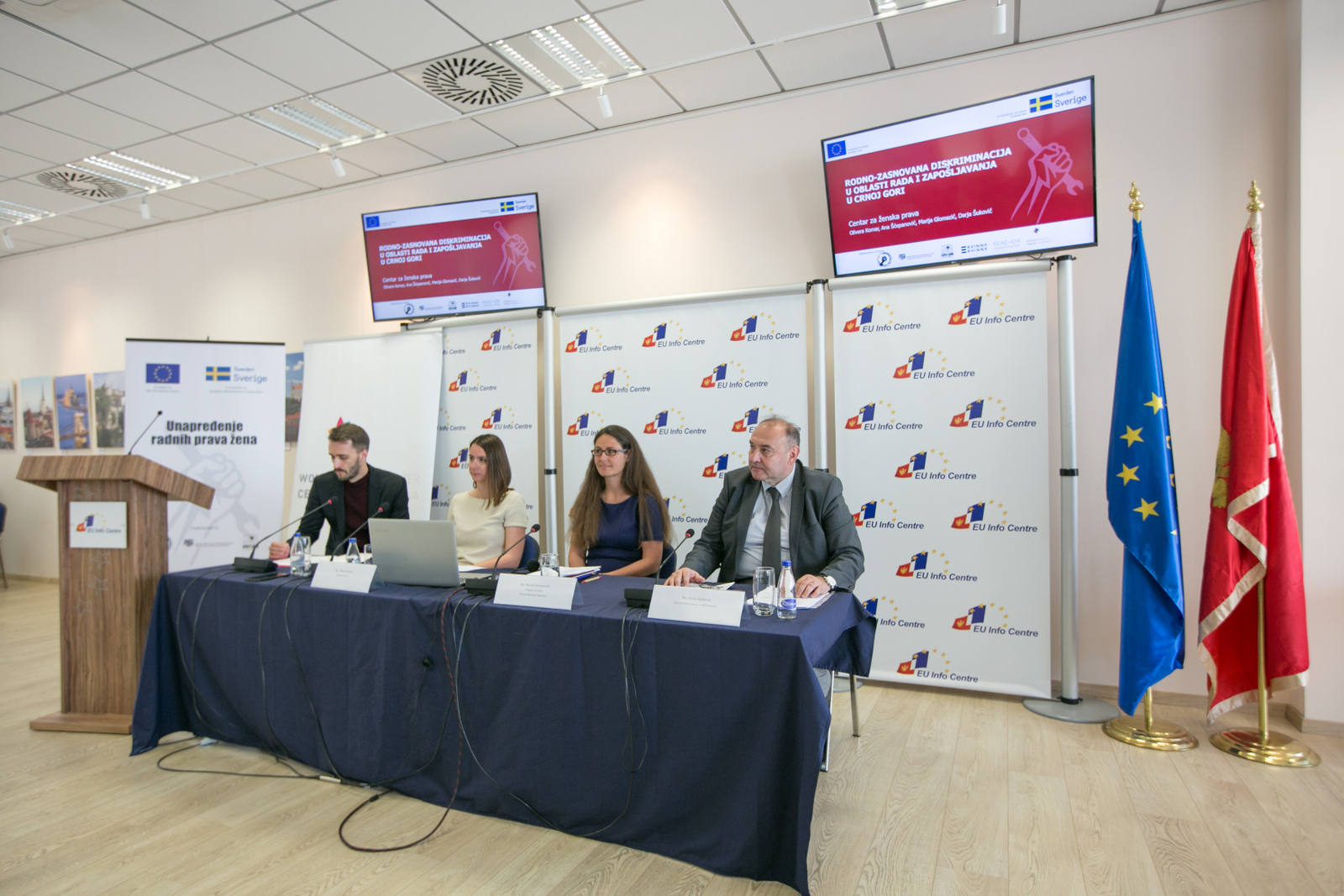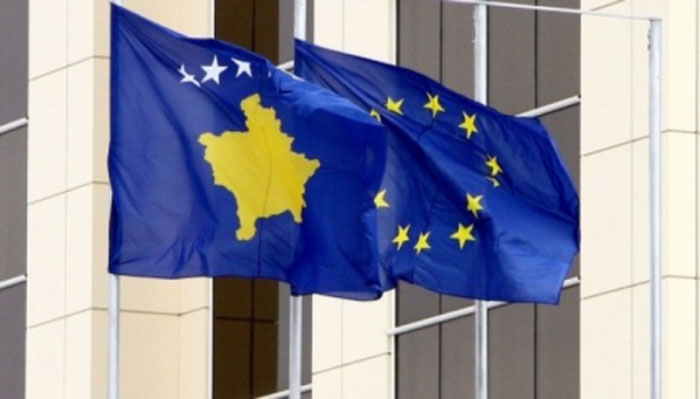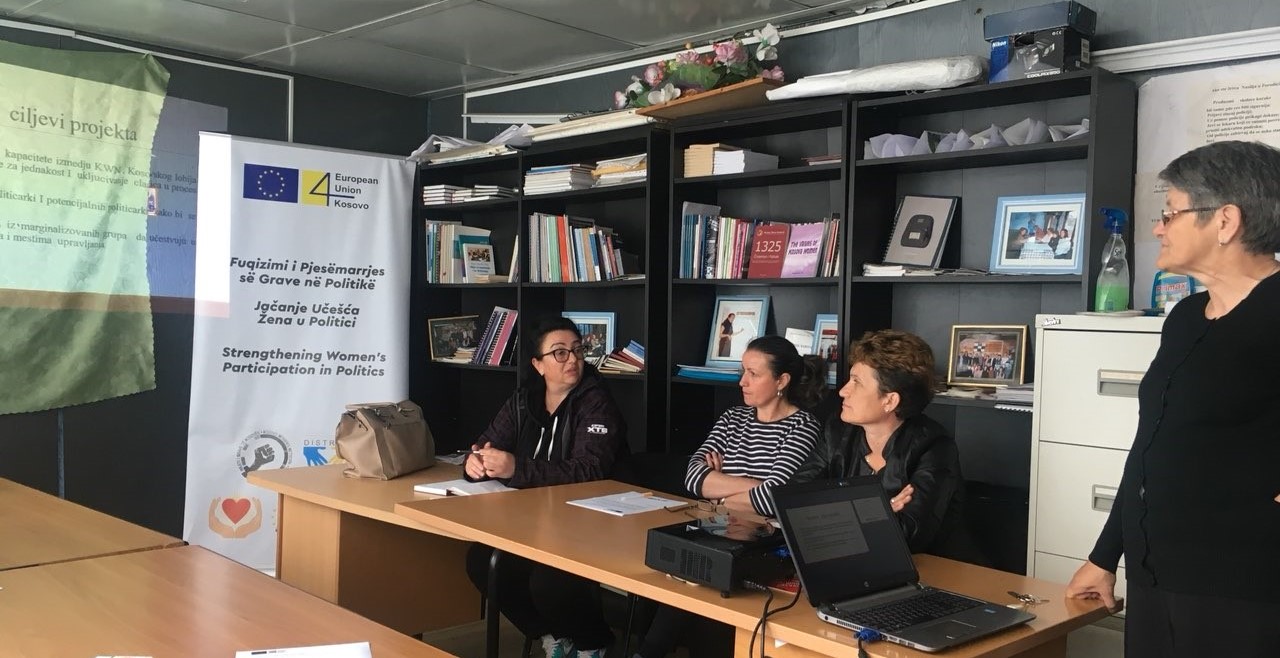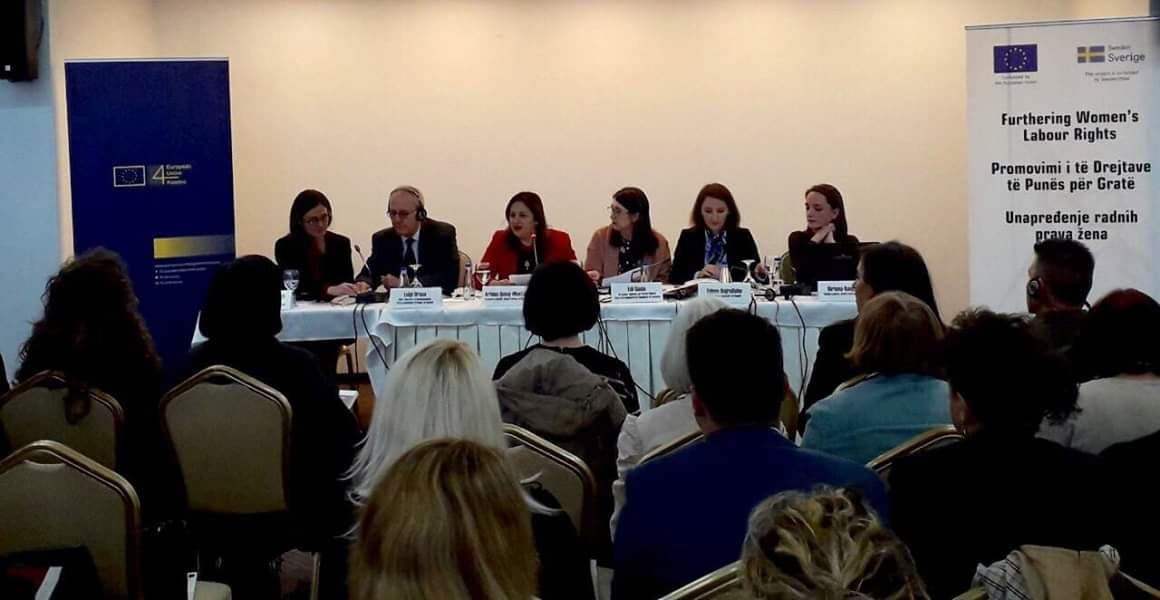For a few years now, Kosovo Women’s Network (KWN) has been using Kosovo’s EU Accession process as a tool to advocate for an increased focus on gender equality and women’s rights. As part this, KWN provided written comments from a gender perspective on Kosovo’s 2019 Progress Report. This document is an instrument that the EU uses to assess the progress that an EU Accession candidate country has made with regards to meeting the European agenda within a calendar year. The mains issues which KWN raised this year were mostly taken from KWN’s ‘Kosovo Gender Analysis’ and are as follows:
Under the Democracy section
- Women, particularly ethnic minority women, remain underrepresented as elected officials in municipal assemblies (35%) and the parliament (32%) and at all levels of governance;
- Women’s Civil Society Organisations tend to be under-resourced; insufficient human resources make it difficult for them to engage in democracy and governance processes.
Under the Rule of Law and Fundamental Rights section
- On gender-based violence, further efforts are needed to address the weak coordination between the police, prosecutors and other players and to address the inadequate monitoring by the police and the courts of protection orders in cases of domestic violence. It is also imperative to ensure that shelters for victims of gender-based violence and trafficking in human beings are sustainably funded and that measures are taken for the effective reintegration of victims;
- Obligatory training and refreshment courses for prosecutors and judges on gender-based crimes still need to be developed and institutionalized, including power relations, male violence, sexual violence, sexual harassment and victim-blaming, particularly following any amendments to the Criminal Code related to gender-based violence;
- Police, prosecution and judiciary need to operationalise secure, inter-institutional data management and case management systems, inclusive of gender-disaggregated data;
- Despite improvements, women still own substantially less property (17% of properties) than men;
- LGBTI persons still face discrimination in access to public services.
Under the Social Policy and Employment section
- Women’s labour force participation remains particularly worrying.
Under the Education and Culture section
- The lack of gender balance among teachers at all levels and remaining gender stereotypes in curricula contributes to continued reinforcement rather than undoing of traditional gender norms and inequalities;
- Gender segregation exists in academic pathways, with men significantly underrepresented in education, and women underrepresented in computer science, agriculture, business and geosciences;
- Very few women attend Adult Education courses.
Under the Agriculture section
- Women working in the agriculture sector face challenges including lack of education, access to funding, property ownership and husbands who use their names to secure subventions, though in practice women do not have decision-making roles in businesses.
Under the Statistics section
- Even though obliged by law, very little gender-disaggregated data is being collected and maintained in Kosovo.





